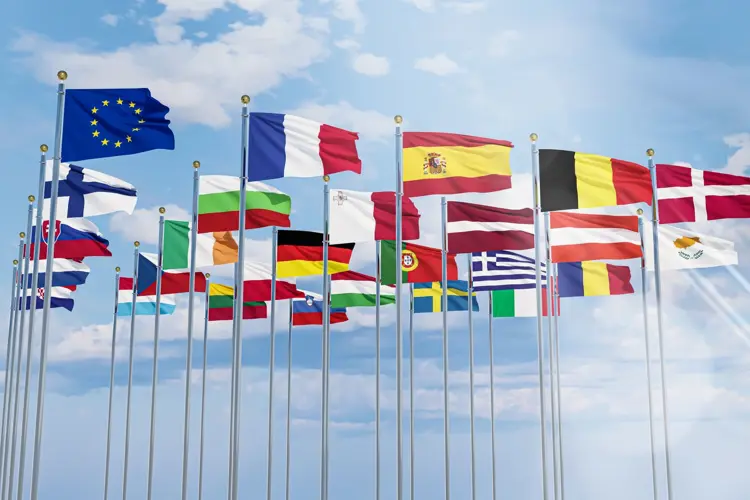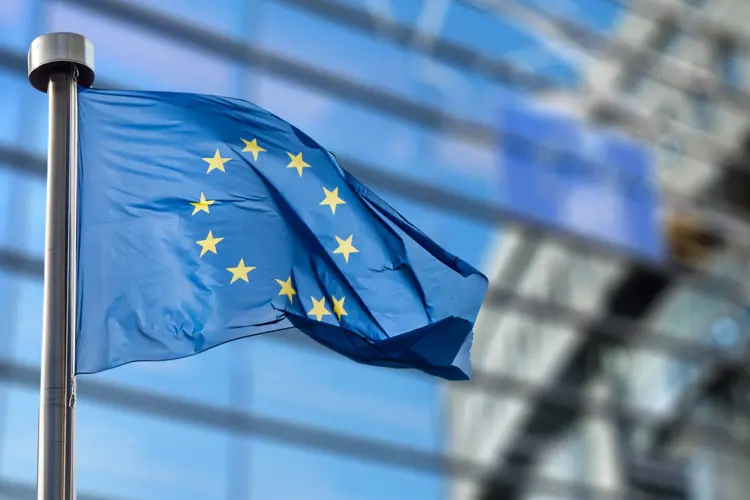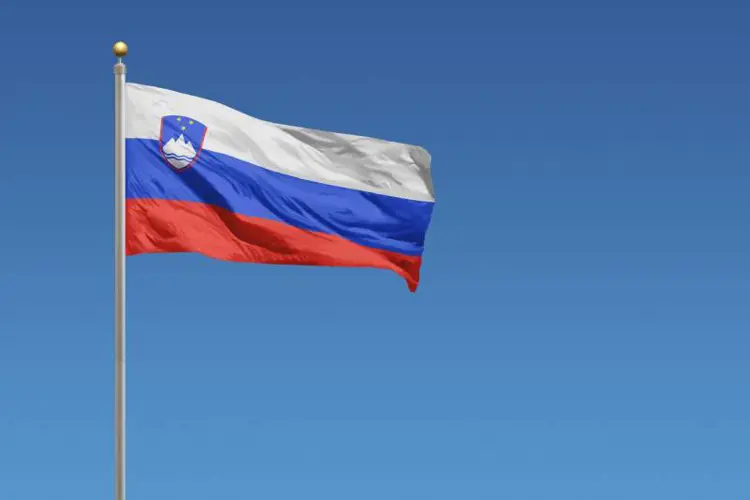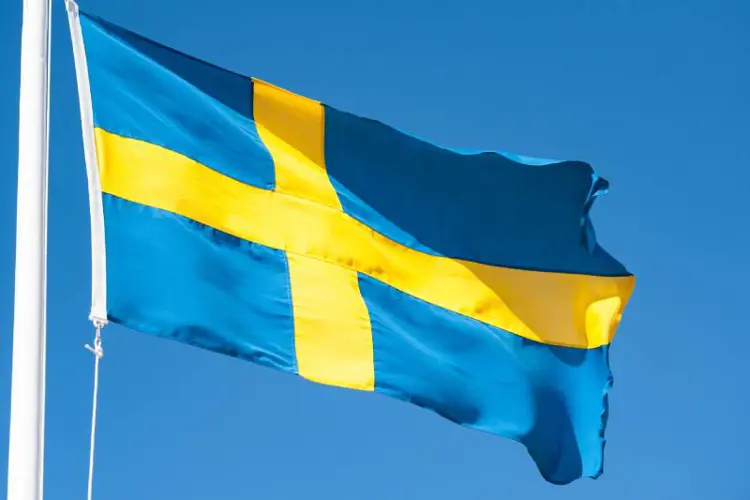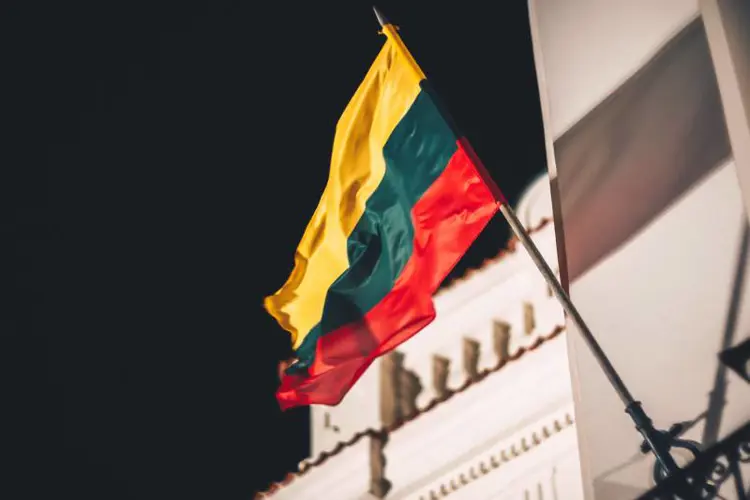Following a brief public consultation, the Dutch government has announced it will carry out its plan to prohibit vaping flavors other than tobacco, although the final deadline has been postponed for the second time. The new rules specify a very limited list of allowed ingredients.
The rule will allow flavored products to be manufactured until July 1, 2023, and sold until Oct. 1, 2023. The ban includes both nicotine-containing and zero-nicotine e-liquids, and applies to bottled vape juice and pre-filled pods and disposables.
The new rules also prevent manufacturers from using words or images on packages that refer to anything but tobacco, according to Dutch public broadcaster NOS.
Not including the Netherlands, six European countries have prohibited non-tobacco flavors. In Denmark, Estonia, Finland, Hungary and Lithuania, flavored vape restrictions are already in place, and Ukraine’s flavor ban will take effect in July 2023. No European country has an outright ban on all vape products.
Just 16 e-liquid ingredients are allowed
The final rule was published Nov. 28 in the official government gazette Staatscourant, and includes a list of 16 allowed e-liquid ingredients. The government says that 25 percent of existing tobacco-flavored vape products can be made with the allowed substances.
But manufacturers disagree, saying the limited list of allowed ingredients would make developing new flavors impossible—including tobacco flavors.
"We were able to taste the first [e-liquids made with the allowed flavorings],” said Emil 't Hart, chairman of vaping trade association Esigbond. “That is a very weak copy of what a tobacco flavor should be. Essential parts are missing to get the taste right. With this, the Secretary of State goes much further than just a taste ban, because no tobacco can be made with these ingredients."
Dutch vape advocates say the ingredient restrictions will essentially put all e-liquid manufacturers in the Netherlands out of business. They would have to scrap existing products and would be unable to reformulate their tobacco flavors using the new list of allowed flavorings.
Esigbond says 80 percent of its members expect the rules will shut down their businesses.
History of the Dutch flavor ban
In June 2020, the Netherlands’ then-health minister Paul Blokhuis informed the Tweede Kamer (the Dutch house of representatives) that the government would soon introduce a bill aimed at prohibiting vape products in all flavors except tobacco.
Blokhuis justified the proposed flavor ban using a government-commissioned study by the Trimbos Institute that leveraged cherry-picked science to back its claim that flavored vape products attract adolescent users. The study also claimed that “there is increasing evidence that the e-cigarette is a stepping stone to tobacco cigarettes,” despite the lack of any real-world evidence of a “gateway effect.”
The government launched a public consultation in December 2020, which received a record number of comments—almost all opposing the law—and vaping advocates also delivered to the government a petition signed by 19,000 consumers opposing the restrictions.
In May 2021, the outgoing Dutch cabinet (Council of Ministers) approved the flavor ban, despite massive opposition from vapers and the independent vaping industry, which was led by Dutch consumer vaping organization Acvoda and industry association Esigbond.
The law was scheduled to take effect July 1, 2022. Then in March 2022, Esigbond alerted the government that some of the original list of RIVM-approved ingredients were known carcinogens, so the Dutch cabinet postponed implementation of the law until 2023 while it revised the list.
A final consultation on the revised rules ended in September.
The Freemax REXA PRO and REXA SMART are highly advanced pod vapes, offering seemingly endless features, beautiful touchscreens, and new DUOMAX pods.
The OXVA XLIM Pro 2 DNA is powered by a custom-made Evolv DNA chipset, offering a Replay function and dry hit protection. Read our review to find out more.
The SKE Bar is a 2 mL replaceable pod vape with a 500 mAh battery, a 1.2-ohm mesh coil, and 35 flavors to choose from in 2% nicotine.
Because of declining cigarette sales, state governments in the U.S. and countries around the world are looking to vapor products as a new source of tax revenue.
The legal age to buy e-cigarettes and other vaping products varies around the world. The United States recently changed the legal minimum sales age to 21.
A list of vaping product flavor bans and online sales bans in the United States, and sales and possession bans in other countries.







